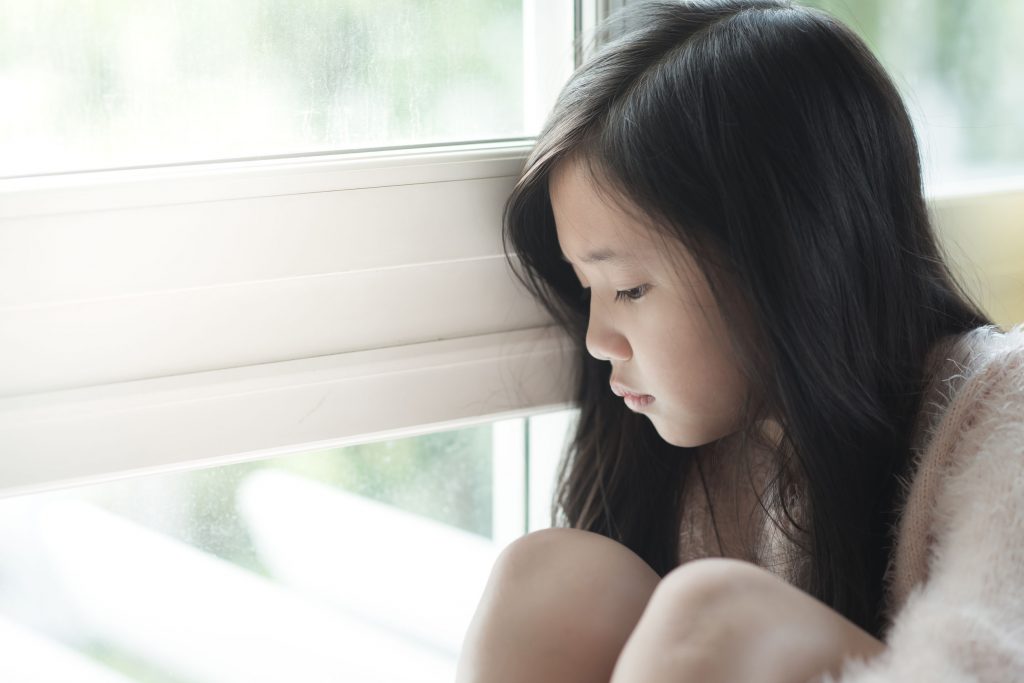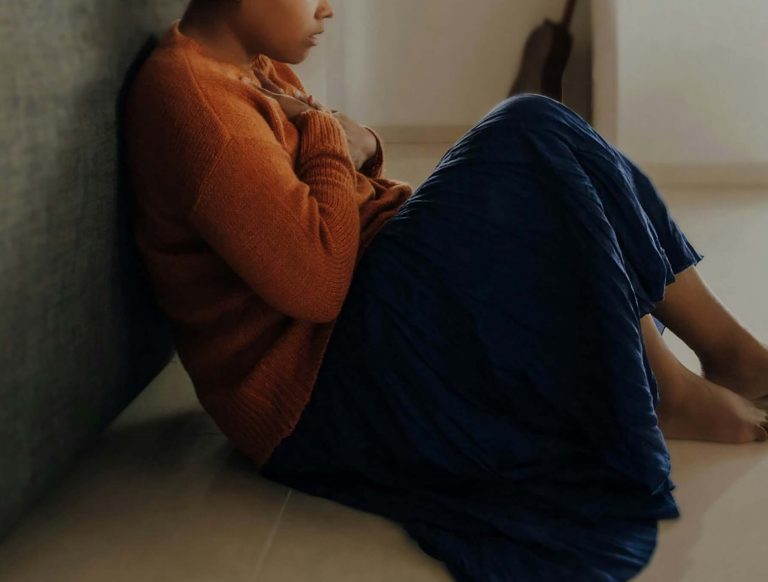Signs of Childhood Depression

Most people associate depression with adulthood. It is generally assumed that children have easy and carefree lives, isolated from the worries that plague adults. As long as a child is growing in a home with supportive parents, you do not expect them to have anything that weighs heavily on their shoulders. They don’t have the pressures of adult responsibilities to think about, right. You would be surprised to learn that studies show that up to 4% of children who have not reached their teenage years suffer from depression. The number goes up for teenagers, especially for girls.
I am writing this article to help spread awareness as to what childhood depression can look like. If together we spread awareness we can get our kids help early before it spirals out of control. It is also a good starting point when it comes to monitoring your child so that you can tell if they need help.
Understanding Childhood Depression
In many ways childhood depression is similar to depression in adults. It is an unexplained sadness. The sadness can also take the form of irritability, anger, restlessness, suicidal thoughts and hopelessness. Sleep is often an issue and hunger may change (eating more or less than typical). When kids and teens struggle with depression I often hear they are “hard to be around”. Often parents see irritability as one of the strongest symptoms. Kids or teens may also start withdrawing to their room or not be as interested in activities they used to love.
One of the most difficult parts about childhood depression is learning the difference between a simple case of ‘the blues’ and actual depressive behavior. It can be even more tricky to determine if your child has depression during the teen years when hormones are ranging. The most common symptoms of depression in children include:
- An irritable mood
- Sleeping and concentration difficulties
- Loss of appetite or overeating
- Getting angry easily
- Mood swings
- Withdrawing from friends, family and activities
- Reduced or loss of energy
- Suicidal thoughts
- Thoughts of death
- Persistent or increased crying and sadness
Sometimes children who are going through depression will have aches and pains that are unexplained by physical conditions. Sometimes, this is their way of processing whatever they are feeling. If your child’s visits to the school nurse increase sporadically without any medical backing, they could be suffering from childhood depression. This is a sign especially for those children who do not often fake illnesses to get out of school or other activities.
Another telltale sign of childhood depression is an increase in mood swings and pronounced expression of various feelings. When a child is going through these feelings, they may not know how to express what they are actually feeling. This could result in an inward or an outward outburst. Increased crying and getting upset over even the smallest things is a sign of this. Increased irritability and getting angered very easily are also signs of this. If you notice this behavior in your child over a prolonged period of time, talk to them and find out if anything is bothering them.
Next Steps
It is important that you pay attention to any changes in your child’s behavior. If after reading this article you have concern, listen to your gut. Talk with your child or teen. We are also here to help. You can call 720-583-9332 for a free phone consultation.
Written by Dr. Steffanie Stecker

Dr. Steffanie Stecker a licensed psychologist and the owner and clinical director of Mountain Vista Psychology, PLLC.
In addition, she is a board certified neurotherapist (BCN E5669) and board certified in QEEG (QEEG-D). Less than 100 people world wide are board certified in QEEG, which indicates competency in reading QEEGs and choosing neurofeedback protocols. Dr. Stecker is passionate about brain based effective therapy and creating a safe relationship for her clients to create change. She loves what she gets to do each day!
Schedule a FREE Consultation
We believe in an integrative and holistic approach to help you make the changes you want. Contact us now to schedule an appointment or to request a 20 minute free phone consultation. During this session, you will be invited to share your story and ask any questions you may have.
Recent Articles
EMDR Therapy: A Path to Healing Trauma
We all carry our share of burdens as part of our lived human experience. We have memories that haunt us, wounds…
Healing at a Distance: How Telehealth Therapy Improves Lives
Telehealth therapy is a game changer for us as we live in a high-tech fast-paced world. All of the increase…
Neurofeedback Therapy in Colorado: Transforming Lives
Neurofeedback therapy is an innovative therapy to support mental health and well-being. It is a groundbreaking modality that takes advantage…
Neurofeedback for Anxiety Relief: How Neurofeedback Therapy Can Help Relieve Your Anxiety Symptoms
Many people live with the ongoing impact of anxiety. Which negatively impacts their physical health and happiness. For kids and teens,…




